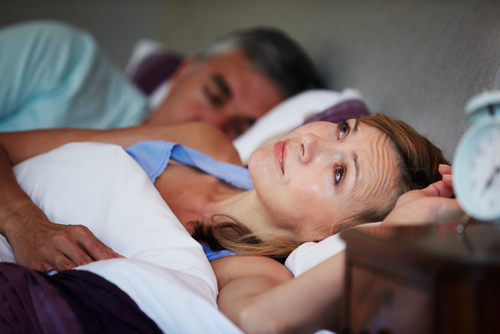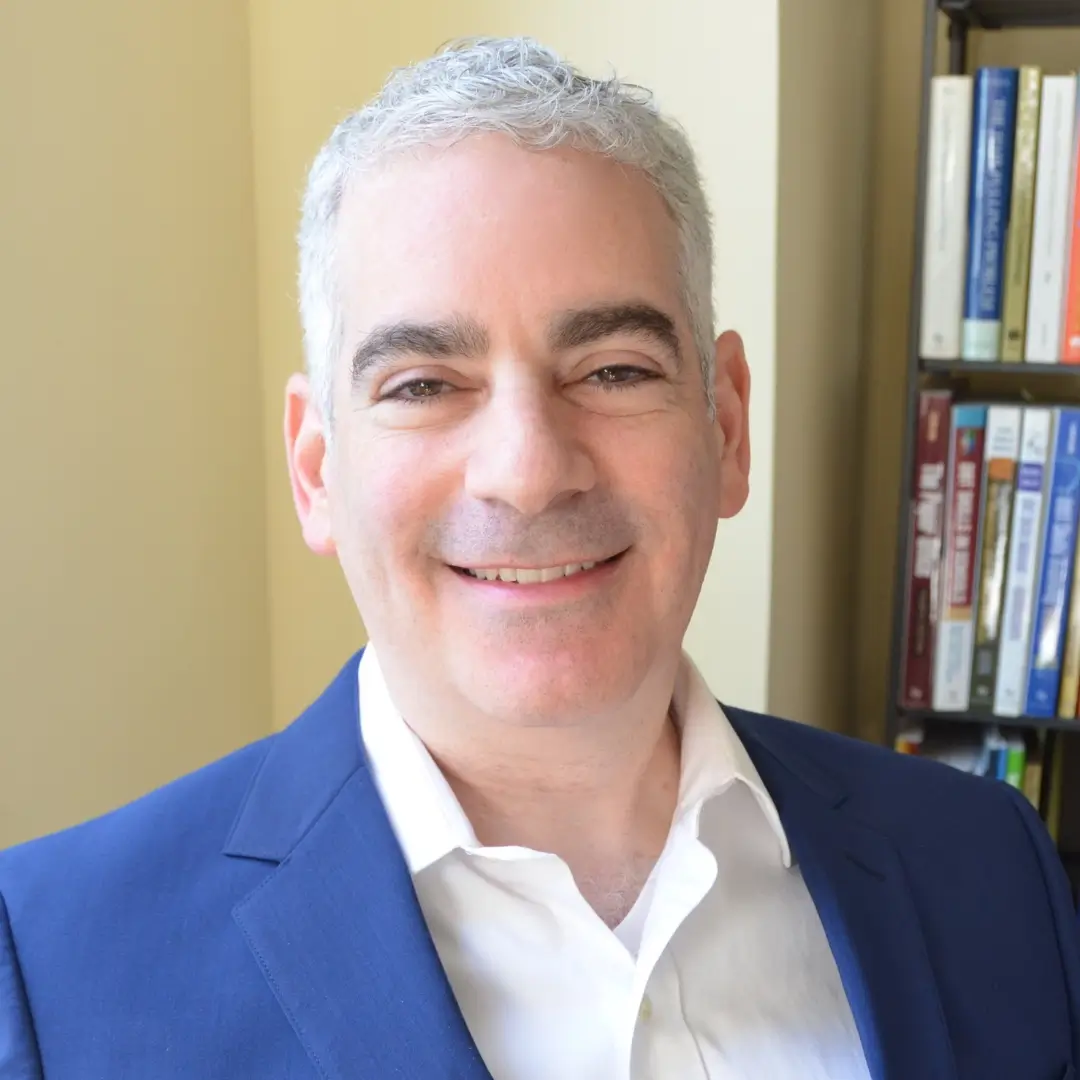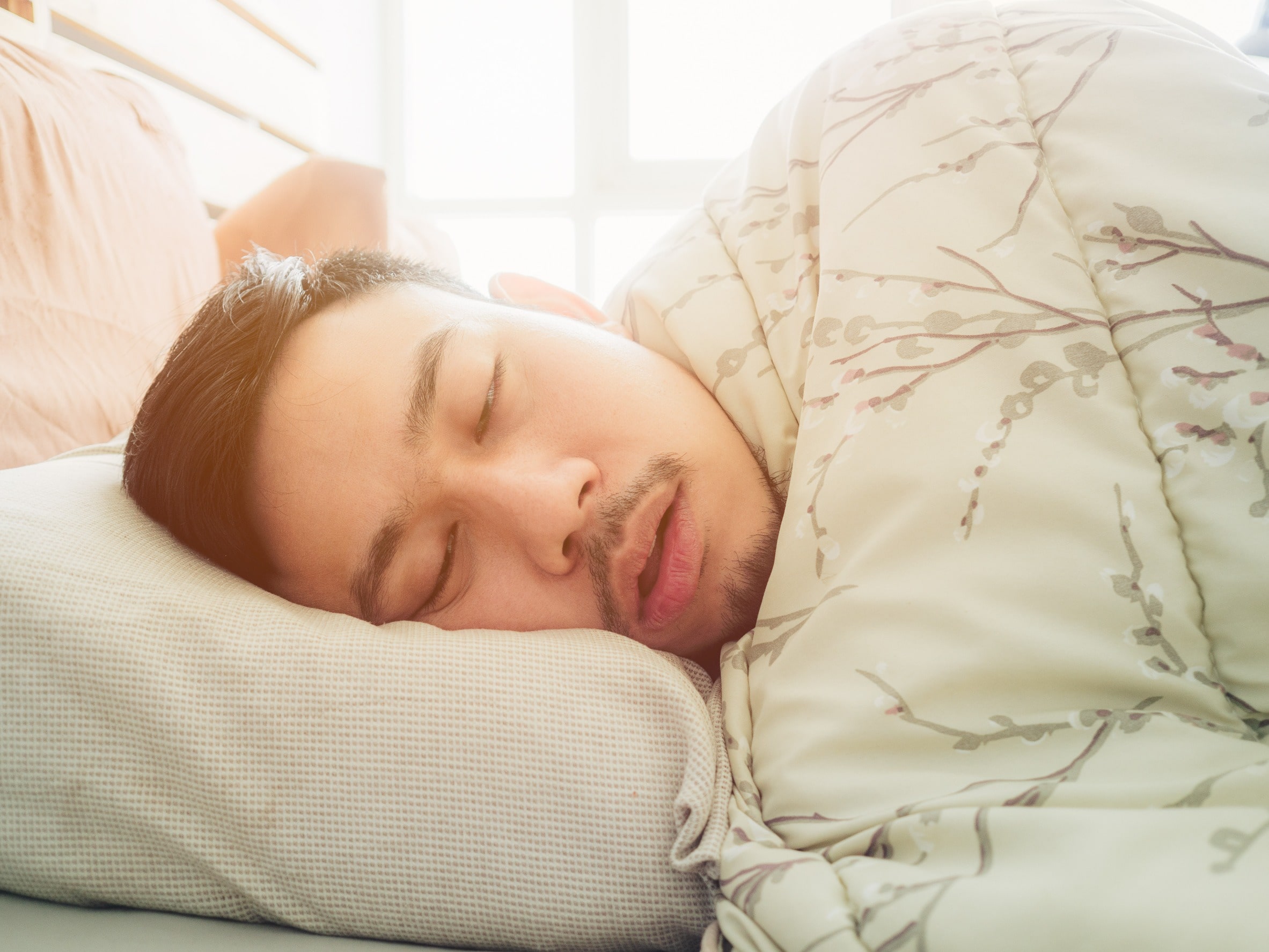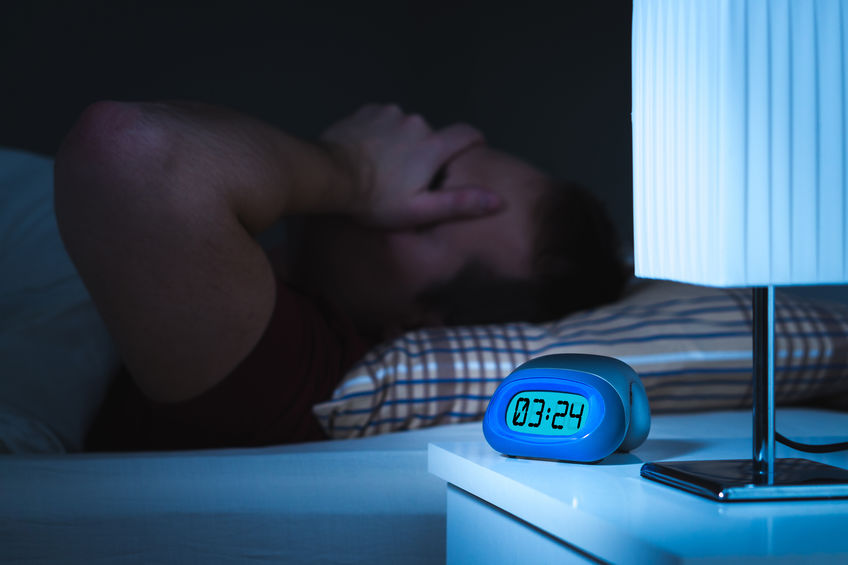Has sleep become a source of frustration and dread? Try these four sleep hacks to maximize your chances of sleeping well.
Sleep Hack #1: Keep a Regular Wake Time
If you suffer from insomnia, you may be making a common strategic mistake. It involves your approach to waking up in the morning. If it takes you several hours to fall asleep, once you get to sleep you want to get all you can! Who wouldn’t? The real problem begins when your alarm goes off.
Once you hear that alarm, you remember how little sleep you got. Then you have to decide whether to get up or to treat yourself to more sleep.
If you have chronic insomnia and have chosen a healthy regular bedtime and wake time schedule for yourself, it is better to get up when the alarm goes off. Will this be an appealing option at the time? No. But it will help you set the stage for a better night of sleep the next night.
Sleep Hack #2: Know Your Body’s Needs
Recognizing the amount of sleep your body needs is an important part of managing insomnia. You may, like many insomnia sufferers, have trouble falling asleep at bedtime.
There can be several reasons for this problem. One possibility is that you may be overestimating how much sleep you body needs. For example, let’s say your body needs seven hours’ sleep, but you mistakenly think it needs eight. Every morning your alarm goes off at 7:00. Every night you try to fall asleep at 11:00. What will happen? Most likely, your efforts to fall asleep at night will fail for an hour. (Alternatively, you might fall asleep without any trouble but wake up an hour “early” each day.)
This is sometimes misinterpreted as insomnia when it would be better understood as misjudging your body’s needs. Some people think that everyone needs eight hours of sleep per night, but in reality, there is variability in how much sleep our bodies need.
Sleep Hack #3: Be Smart About Napping
Many people with insomnia fail to recognize the impact of napping and dozing on nighttime sleep. For those with insomnia, after a bad night’s sleep, it’s tempting to try to take advantage of opportunities to sleep when you can — even if it’s a mid-morning nap. The problem with napping is that when you nap for more than 25 or 30 minutes, you enter into slow-wave sleep. This will interfere with nighttime sleep because your body only needs so much slow-wave sleep per day.
So is the answer to nap for 20 minutes or less? Studies show that short naps can improve functioning for the remainder of the day for healthy people. However, even short napping is typically not recommended for people with chronic insomnia. If you have poor sleep and have questions about napping and insomnia, contact a CBT-I (cognitive-behavioral therapy for insomnia) provider near you.
What is Dozing?
Dozing refers to periods of sleep, even light sleep, that happen unintentionally. It often happens when you watch television or during other passive seated activities. Dozing can be difficult to prevent for people with insomnia. However, its potential to impede your nighttime sleep makes dozing important to avoid if you can.
Sleep Hack #4: Know When to Drink Alcohol

If you have trouble falling asleep at night, one enjoyable fix can be a bedtime alcoholic beverage. “A glass of wine puts me right to sleep,” many insomnia sufferers say, glad to have found a seeming solution.
The drink may indeed help you get to sleep, but it will probably not lead to sustained, undisturbed sleep through the night.
Another drawback to using alcohol to get to sleep is the likelihood of needing to get up during the night to use the bathroom. For some insomnia sufferers, it can be difficult to get back to sleep afterward.
Even people who drink more than the recommended maximum of seven drinks per week for women — fourteen for men — need not let alcohol interfere with sleep. It’s drinking close to bedtime that is problematic for sleep. If alcohol is consumed several hours earlier, it will have much less of an effect on sleep than if consumed just before going to bed.
Putting It All Together
Each of the strategies described here can be a powerful tool to improve your sleep. Put them all together and your odds of sleep success will be very high. Good luck!
Subscribe to the Manhattan Center for Cognitive-Behavioral Therapy blog!









